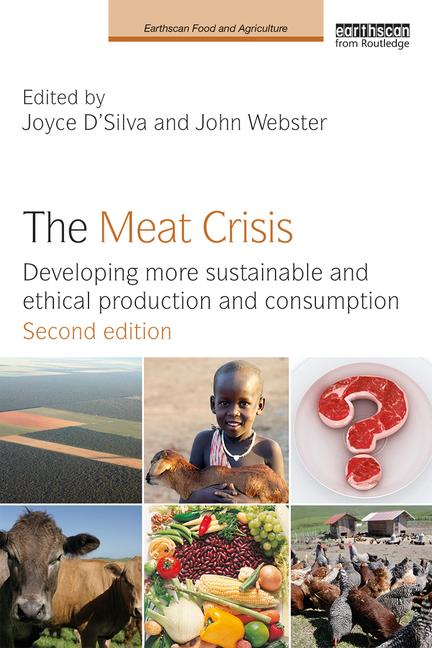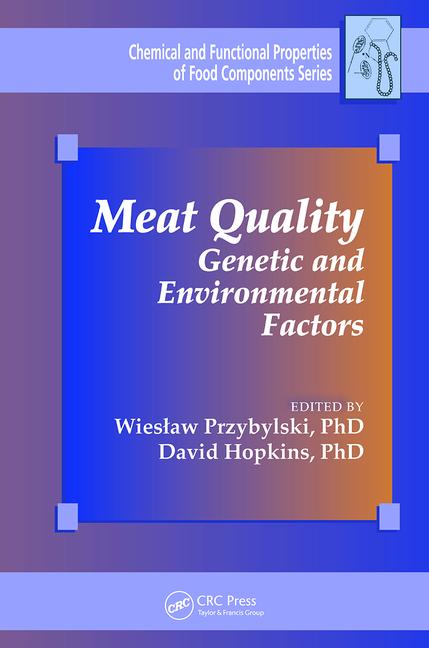Processor Profile: Northwest Meat Co.
Offering solutions to foodservice fuels growth
Chicago-based wholesale distributor Northwest Meat Co. focuses on niche products that clients can’t find anywhere else.

Photo credit: Northwest Meat Co.
‘We still carry that kind of like old-school heritage of Chicago meatpacking,’ says Andrew Neva, vice president, operations for Northwest Meat Co.

Photo credit: Northwest Meat Co.
Northwest Meat Co. has grown by finding ways to add value for foodservice operators, such as cutting portion-control steaks.


With an exclusive focus on foodservice, Northwest Meat Co.’s clients run the gamut from high-end steakhouses to bar-and-grill operators.
“We sell beef, veal, lamb, pork and poultry,” said Andrew Neva, vice president, operations for Northwest Meat. “We grind our own ground beef in-house, and we make our own homemade Italian sausage. We have a full portion control line of steaks. We'll do boxed beef or boxed meat distribution.”
Northwest Meat is a family-owned-and-operated wholesale meat products fabricator and distributor on Chicago’s west side. Founded in 1956 by a recent immigrant from Italy, Bruno Michelotti, Northwest Meat’s ownership is currently in the third generation, split between Andrew and his mother Lori and father Stan.
“We still carry that kind of like old-school heritage of Chicago meatpacking,” Andrew said. “We're still surviving out there after all these years.”
The wholesale distributor’s operations have scaled to 25 employees operating a 15,000-square-foot facility that focuses on foodservice clients including restaurants, hotels, country clubs and food institutions throughout the Chicago area and nationwide. Northwest Meat has six trucks to distribute throughout about a 75-mile radius around Chicago.
Posting about $12 million a year in sales, Northwest Meat has grown by finding ways to add value for foodservice operators, such as cutting portion-control steaks.
“There's just no labor or skill to do that,” Andrew said. “On the foodservice end, they need everything to come in ready to go, so all they have to do is open up a package.”
Grinds have long been one of Northwest Meat’s popular product offerings, with Andrew noting a market preference for more premium grinds such as the company’s tri-blend of brisket, chuck and ribeye. Northwest Meat’s burger line includes 4-, 6- and 8-ounce patties available in different blends.
“Maybe 40% of our business is grind, 30% of our business is your portion control, steak cutting. Then maybe like 15% poultry and then 15% boxed beef or just boxed meats distribution,” Andrew said. “We do a full portion control line and also a dry age line. We don't do any cooking. We don't do any sort of further processing. We don't do any tumbling -- strictly raw meat and poultry.”
Northwest Meat doesn’t process poultry Andrew said, but it does resell parts.
Hot products
To position itself for future growth, Northwest Meat is focusing on niche products that clients can’t find anywhere else.
“I think that our biggest way where we can separate ourselves is just focus on niche products,” Andrew said. “There are things we can do that larger organizations can't do, and I think we need to try to position ourselves to try in a heavily consolidated industry to find a way to be different.”
Three Northwest Meat products in particular have enjoyed accelerated growth.
One is Certified Piedmontese beef, which Northwest Meat sources from a Nebraska supplier. Piedmontese cattle originate from the Piedmontese region in Italy. The product is grown without antibiotics or growth-promoting hormones, and there's no corn in the animals’ diet.
“It's grown on hay, alfalfa and barley,” Andrew said. “It's double-muscle cattle. There's more lean-to-fat ratio. You're going to get a leaner product that is going to not have all those fibers and connective tissue that would make that product tough. You could put a prime steak and a Piedmontese next to each other and the tenderness will be exactly the same.”
He said Certified Piedmontese beef also is higher in healthful omega 3 fatty acids. “What we're finding is that as consumers are looking for just a different style of beef than the standard American commodity-grown, this product is fantastic. It has really helped drive our sales.”
The second strong seller for Northwest Meat is Winston-Salem, N.C.-based Joyce Farms’ Poulet Rouge chicken, a red-feathered French chicken with a long neck.
“The Poulet Rouge chicken is a twelve-week-old chicken,” Andrew said. “It is a true free-roaming chicken, so after four weeks of age it actually does roam on natural grass. What makes it unique is that with it being older, you have longer flavor development. That is a very niche-y kind of chicken that we've had some pretty good success with here because nothing tastes like it.”
Poulet Rouge chicken has a more forward, intense flavor, with much darker meat, Andrew said. “Even the breasts are much darker. It's also very, very thin-skinned, so when you cook it, you want to cook it at a high heat so the skin gets nice and crispy”
He said what Joyce Farms does differently is dry-age their birds 24 hours before processing. “What that does is it dries out the bird, concentrates the flavor,” he said.
Another hot item for Northwest Meats is Elysian Farms lamb, produced in western Pennsylvania.
“They use a lot of science, and they use a lot of data where they know every single aspect that goes into the lamb. You will not find a better lamb product. This lamb is incredible. I've never tasted anything like it,” Andrew said.
“I got Joyce, Elysian and Certified Piedmontese -- If you look at where are we getting our growth, we're trying to get it through those three lines because they're very unique and they have a story. It's not just a commodity-raised product,” he said.
Efficiency upgrades
When it comes to automation, Northwest Meat remains very much a hands-on operation.
“That is one of the biggest challenges that we face, Andrew said. “Everything we do is either ground, cut, sliced, diced or boned, all by hand. We still rely on skilled butchers.”
Although Northwest Meat has added some automation enhancements for packaging -- including a roll stock machine – like many small- to mid-sized processors, the company has had to contend with the scarcity and high cost of labor, Andrew said. Northwest Meat has tackled this challenge by automating as many processes as possible within their facility and in the back-office. Northwest Meat recently starting to use Choco AI to automate their order processing. The system helps track customer ordering. “It cuts down on mistakes because at the end of the day, if the customer orders it, it's going through. It takes us out of the equation,” Andrew said.
Looking for a reprint of this article?
From high-res PDFs to custom plaques, order your copy today!
.png?height=96&t=1647275041&width=96)











